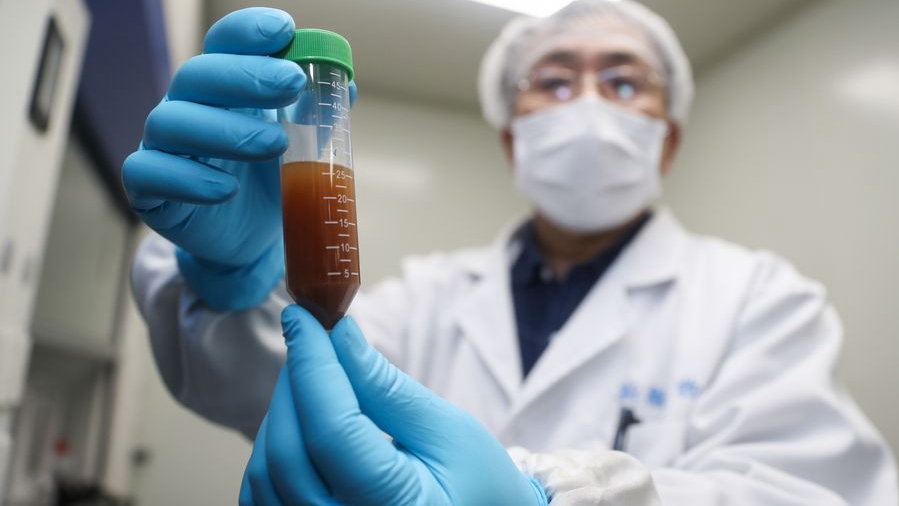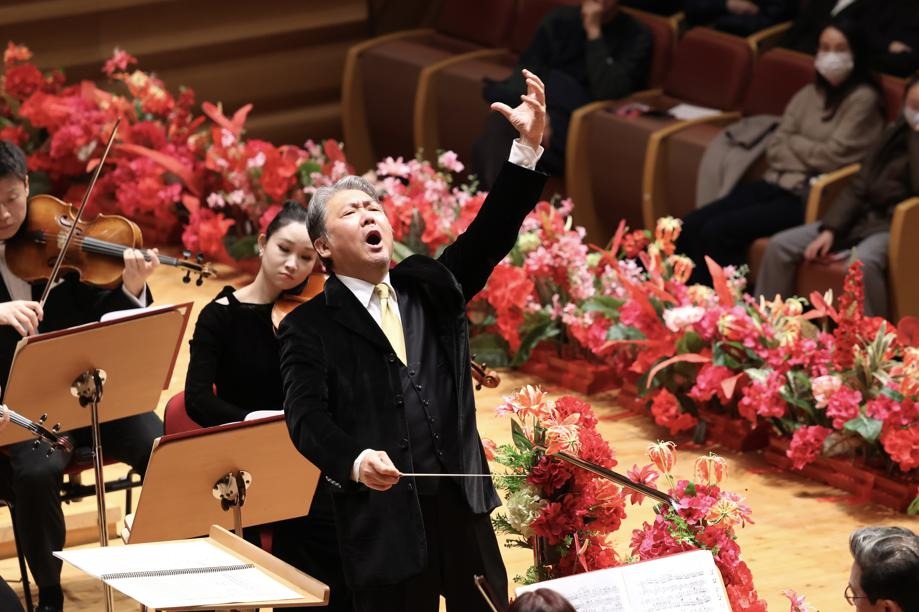Best efforts made in early study of virus spread, says health authority


China has made its best efforts to collect evidence and deepen understanding of the novel coronavirus since the early stages of the outbreak, Zeng Yixin, deputy head of the National Health Commission, said on Friday.
The conclusion that novel coronavirus can be transmitted between humans, which was made public on Jan 20, stemmed from continuous investigation efforts made by several batches of experts sent to Wuhan, Hubei province, the hardest-city in China, as well as local medical staff, Zeng said.
In response to the allegation that the commission had internally discussed the possibility of the spread of the novel coronavirus developing into a pandemic as early as Jan 14, Zeng said that at the time, the understanding of the virus was "on the way," with a number of key questions, including its transmission ability and method, unanswered.
"On Jan 19, thanks to joint efforts of expert teams and local medical staff, we had gained a more accurate understanding of the virus's transmission ability. On Jan 20, the novel coronavirus was added to the country's contagious disease system and the strictest control measures were required to tackle the disease," he said at a news conference held by the State Council Information Office.
Now looking back, Zeng said China, under limited conditions, has taken the fastest action to gather evidence. Gradually, the country has obtained a fuller understanding of the novel coronavirus and explored adequate treatment and control methods.
"In the meantime, we have adhered to the worst-case scenario, maintained highly vigilant against risks, prioritized the safety and health of people as we devised science-based prevention and control policies and ensured the implementation," he said.
Although a large number of viruses can spread between humans, their transmissibility varies greatly, according to Zeng.
For instance, tuberculosis, caused by bacteria, and norovirus, which is transmitted via the fecal-oral route, are easily spread between humans. By contrast, hepatitis B and HIV are less strong in their transmission capability.
"At the onset of the outbreak, we were uncertain about the pathogen that caused the disease, its incubation period, transmission route or method, so we had gathered multidisciplinary experts to study symptoms of limited cases, conduct etiologic and epidemiologic research, in order to provide scientific evidence to inform epidemic control strategies," he said.
The National Health Commission learned about the mysterious pneumonia outbreak in Wuhan on the evening of Dec 30 and dispatched working groups in the early hours of the next day to Wuhan to guide local work.
On Jan 1, the commission set up an epidemic response leading group and sent more officials and experts to Wuhan.
On Jan 3, the commission organized several research institutions to carry out parallel laboratory testing of patient samples to identify the pathogen, and ruled out several respiratory pathogens on Jan 5.
After the Chinese Center for Disease Control and Prevention isolated the first strain of the virus on Jan 7, an expert team from the commission made public that the pathogen that caused the viral pneumonia in Wuhan was identified as a new type of coronavirus on Jan 9.
On Jan 10, the initial testing kits were developed and upgraded in the following week. On Jan 12, China shared the genome sequence of the virus with the World Health Organization, alerting the world to the emerging virus.
When Thailand reported the first imported case from Wuhan on Jan 13, the commission held a meeting to instruct Wuhan authorities to further strengthen control measures and temperature monitoring of people at transportation hubs, as well as reduce gathering.
Zeng added that during the epidemic, China has kept close and multifaceted communication with the United States
"We have no reservation or hesitation in this aspect. We have shared information to our best capability to facilitate epidemic control efforts between the two countries, as well as the global fight," he said.
- New Chinese study reveals Antarctic amplification mechanism
- China's railways see New Year holiday return passenger flow peak
- Another Nanjing massacre survivor dies
- Shandong apple pickers find new fame as influencers
- Ferry links mark 25-year travel milestone
- Cooperation can boost cross-Strait integration



































